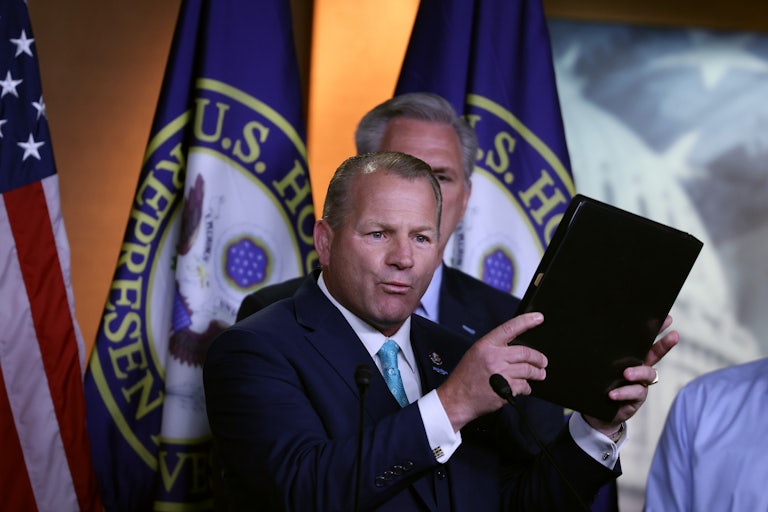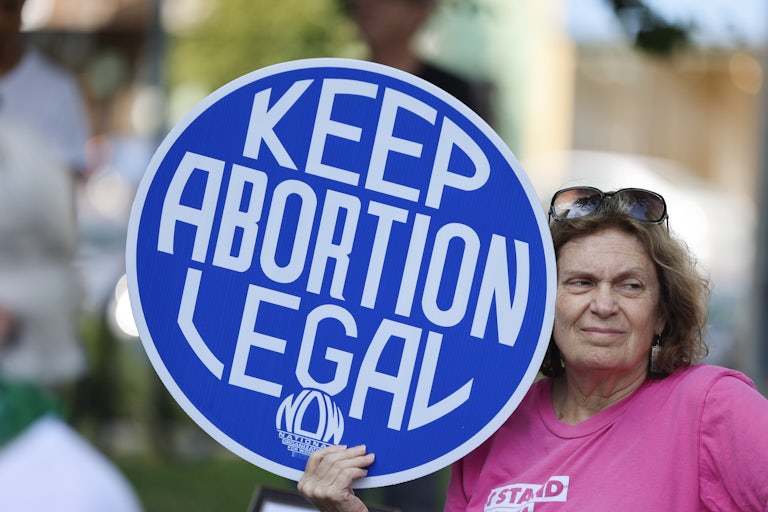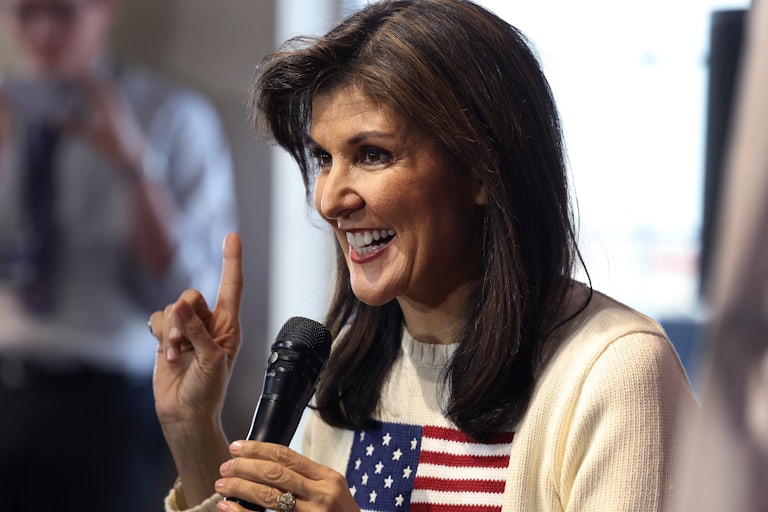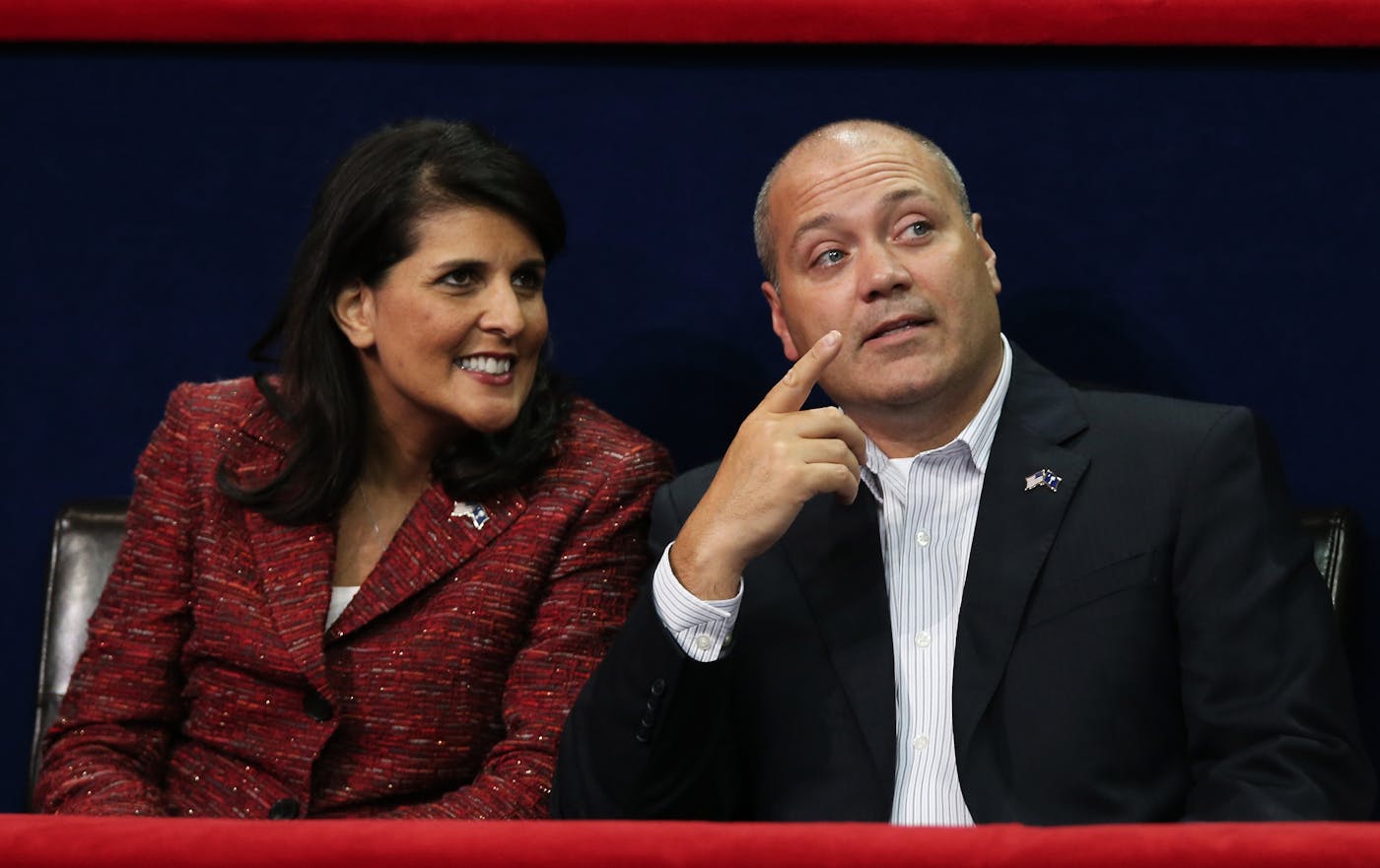Oklahoma Tells Low-Income Kids to Go Hungry
Oklahoma is rejecting a federal program that would have helped feed kids from low-income families.
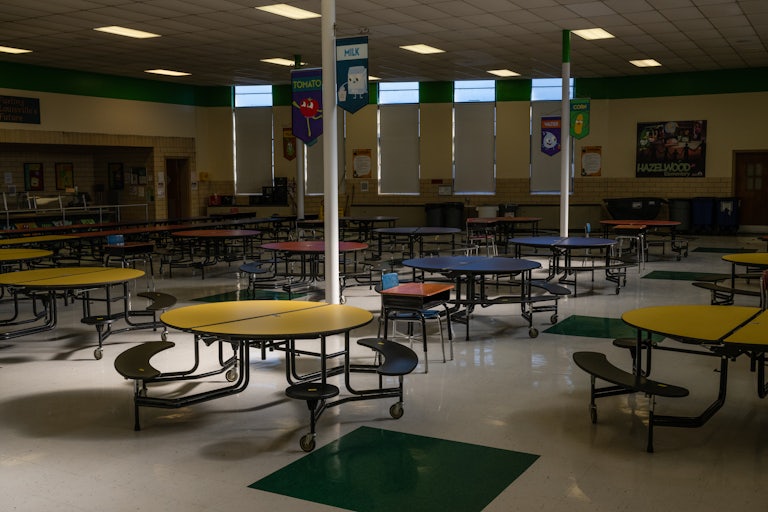
Oklahoma, one of the worst states in the country for child hunger, has rejected a federal program that would have provided food for low-income children over the summer.
The summer EBT benefits program launched nationwide in 2023, after being pilot-tested for a few years. Under the program, eligible families would have received $40 per eligible child, per month, in the form of a pre-loaded card that can be used to buy groceries. The benefits work in conjunction with other food aid programs such as SNAP and WIC.
The deadline for states to indicate they intended to opt in to the program was on January 1. Oklahoma Governor Kevin Stitt’s office said they were concerned that states had to opt in before the exact rules of the program had been finalized. Stitt’s office also said that the program could incur new administrative costs. (All of the benefits are funded by the federal program, and states simply have to pay half the cost to run the actual program.)
But gubernatorial spokeswoman Abegail Cave argued that the summer EBT program was unnecessary. “Oklahoma already has multiple programs to serve food-insecure children across Oklahoma,” she said.
Chris Bernard, the president and CEO of Hunger Free Oklahoma, pointed out that about 20 percent of children in Oklahoma currently experience food insecurity, while about 60 percent rely on free or reduced-price school lunches.
“We’re one of the worst in the nation, and that’s been true for a while now,” Bernard said. “Parents are going to skip meals, or you’re going to stretch meals farther. The charitable side will try and fill that gap. But there are going to be some struggles.”
Although Oklahoma has rejected the summer program, the Cherokee and Chickasaw Nations, both of which are located in the Sooner State, are opting in. The Cherokee Nation joined the program when it was still in its pilot stage, and leaders reported helping feed 7,000 children in the summer of 2023.
“I wish Oklahoma was participating. It’s frankly mystifying as to why they’re not participating for a relatively small administrative cost, bringing federal tax dollars back home in the form of a benefit for low-income families. That’s, to me, as much of a no brainer as you could get. I’m baffled as to why the state of Oklahoma is not participating,” said Cherokee Nation Principal Chief Chuck Hoskin Jr.
It’s not just Oklahoma: A total of just 39 states, territories, and tribal nations have indicated they plan to join the program this summer, according to the U.S. Food and Nutrition Service.
This, unfortunately, follows a larger trend of politicians apparently wanting kids to go hungry. In June, the Republican Study Committee released a proposed budget for 2024. One of the party’s professed priorities is to eliminate the Community Eligibility Provision, or CEP, from the School Lunch Program, because “CEP allows certain schools to provide free school lunches regardless of the individual eligibility of each student.”
